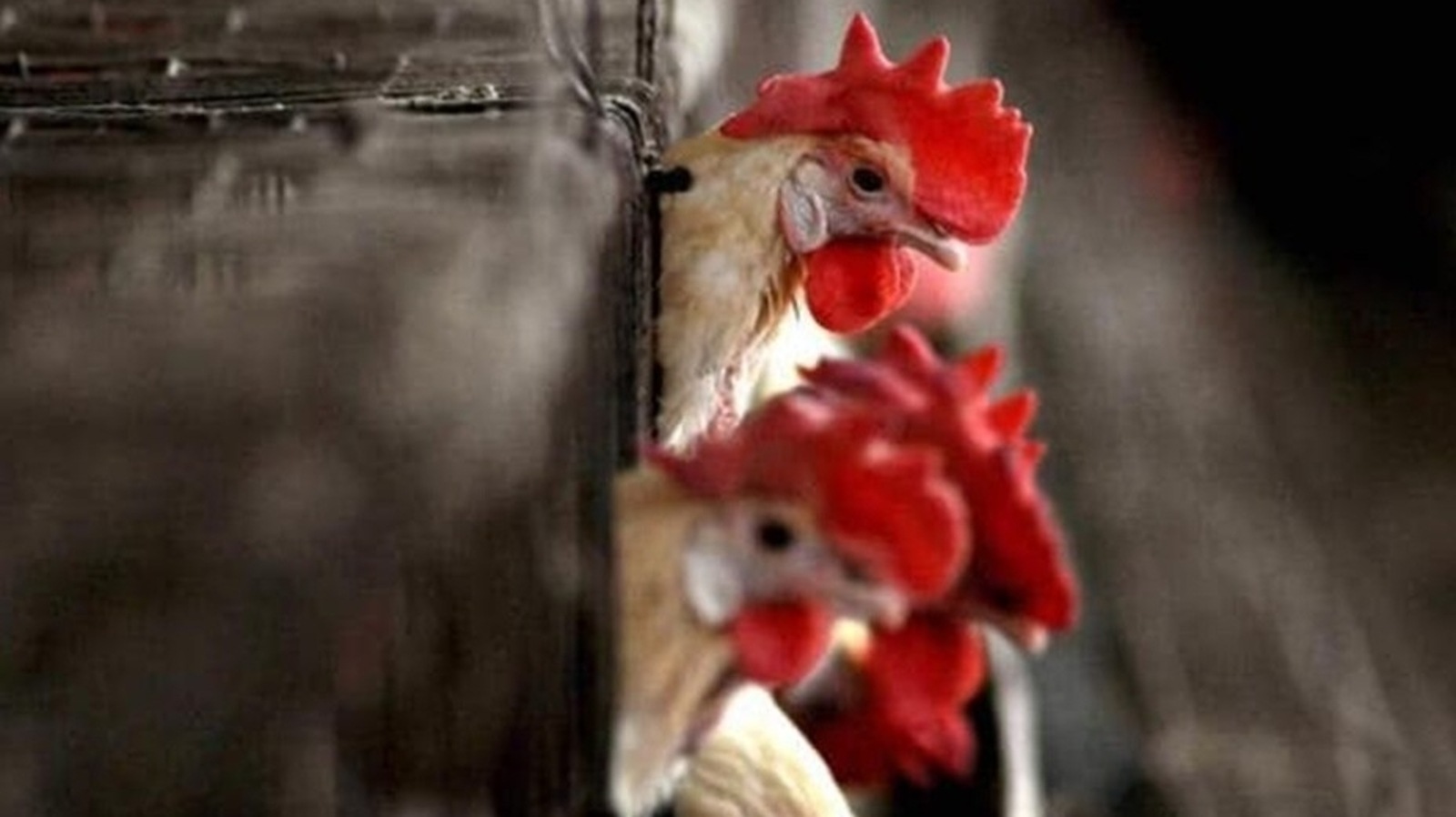Avian Influenza, popularly known as bird flu, is a disease caused by infection with Avian (bird) Influenza (flu) Type A viruses. The virus generally occurs among wild aquatic birds and can infect domestic poultry, other birds, and animals. While it is important to take precautions to prevent spread of bird flu among humans, Avian Flu viruses do not usually infect human beings, and such an infection is rare.
Most recently, the death of around 100 birds at a poultry farm in Shahpur’s Vehloli village on February 18 due to H5N1 Avian Influenza has raised alarm among concerned authorities. At least 15,600 broiler birds had been culled in Shahapur to comply with the standard operating procedure until Friday morning.
How common is bird flu infections in humans
“If it does infect a person, the illness is generally mild; some patients may require ICU care. It is very rare to have human to human transmission of the same. Between 2003 to 2019, the WHO confirmed 861 human cases of H5N1 worldwide, of which 455 deaths were recorded, although not from India,” says Dr Farah Ingale, Director-Internal Medicine, Hiranandani Hospital, Vashi-A Fortis Network Hospital.
ALSO READ: Bird flu scare in Maharashtra’s Thane, 25,000 chickens to be culled at poultry farm
Common symptoms of bird flu in humans
Cough, fever, sore throat, muscle aches, headache, and shortness of breath are some of the common symptoms. People who catch bird flu may develop life-threatening complications, including pneumonia, pinkeye (conjunctivitis), respiratory failure, Kidney dysfunction and heart problems.
“See your doctor immediately if you develop a fever, cough, or body ache, and have recently traveled to a part of the city/ state where bird flu has been reported. Be sure to let your doctor know if you visited any farms or open-air meat markets,” says Dr Ingale.
Should chicken and eggs be avoided in diet during bird flu scare?
Chicken and other poultry are safe to eat if cooked properly, according to a joint statement by the UN Food and Agriculture Organization (FAO) and the World Health Organization (WHO) issued to national food safety authorities. However, the sources said that no birds from flocks with the disease should enter the food chain.
Prevent transmission with these good hygiene practices:
* Wear gloves while cleaning and prepping the chicken meat
* Use hot, soapy water to wash cutting boards, utensils and all surfaces that have come into contact with raw poultry
* Cook well – Cook chicken until the juices run clear (minimum 30mins) and reach a minimum internal temperature of 165 F (74C)
* Stay clear of raw eggs: avoid foods containing raw or undercooked eggs because eggshells are often contaminated with bird droppings
* If you plan on eating at a restaurant or hope to order-in from your favorite restaurant, and if your order contains chicken & egg, try, and ask for quality checks beforehand & make sure that the food is well cooked
* Choose precut or frozen chicken for household consumption; if you are buying fresh cut Chicken keep it refrigerated until ready to cook


